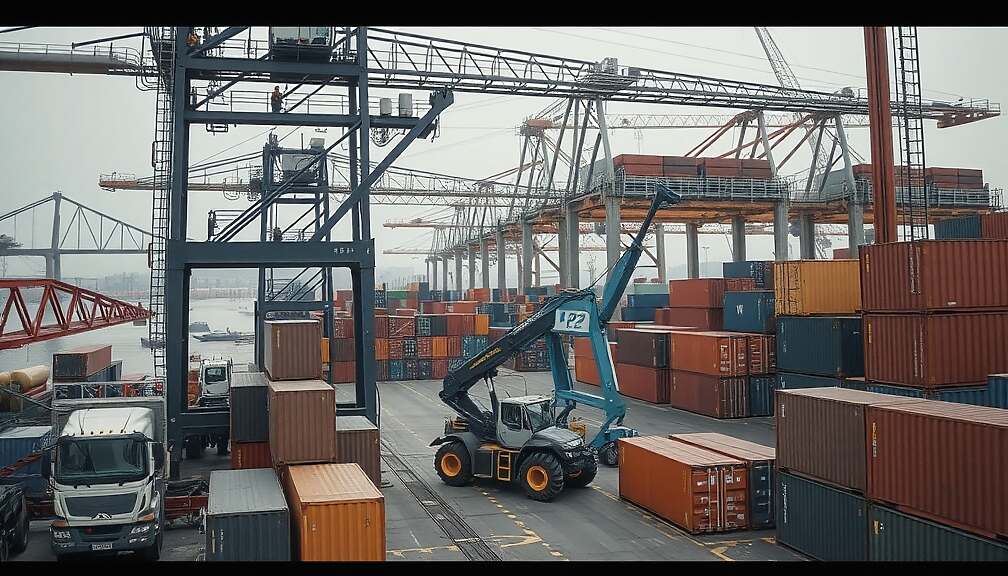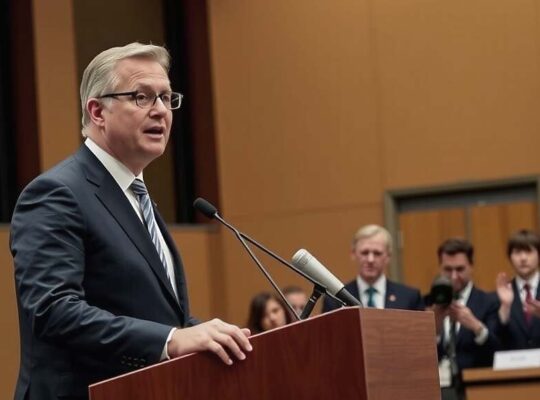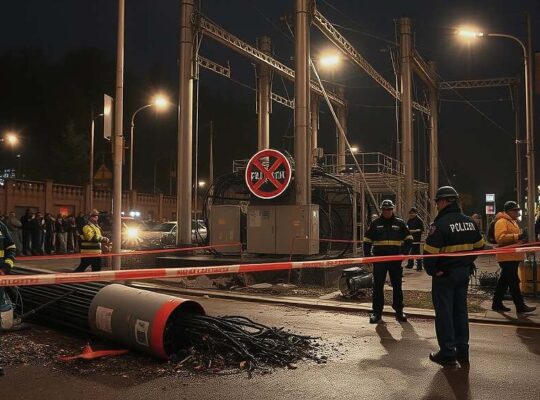The German government and key industry stakeholders have unveiled a joint position paper outlining a strategic push for increased independence from critical raw materials, signaling a significant shift in national economic policy. The initiative, endorsed by figures including Economics Minister Katarina Reiche (CDU), labor unions like IG Metall, the BDI (Federation of German Industries), employer associations and the DIHK (German Chamber of Industry and Commerce), acknowledges the escalating geopolitical risks exposing Germany’s reliance on specific suppliers.
The paper emphasizes the need for diversification across the entire value chain, urging German and European companies to actively invest in sourcing alternatives both domestically and internationally. Crucially, it calls for the swift development of partnerships with resource-rich nations beyond Europe, alongside the negotiation of long-term supply contracts. Innovation, particularly in recycling technologies, is also slated for increased support.
Minister Reiche characterized resource policy as a matter of “national resilience” highlighting the urgency of collaborative action to secure Germany’s future supply chains. While acknowledging initial positive signals from the governing coalition, BDI President Peter Leibinger cautioned that current measures are insufficient. He warned that any growth strategy risks becoming obsolete without fundamental, growth-promoting structural reforms to alleviate the burdens on German businesses.
The accelerated push for resource independence reflects a growing concern within Germany regarding vulnerabilities revealed by recent global events, particularly the disruptions to supply chains. However, the strategy raises complex questions. Critics point out that forging partnerships with resource-rich nations often involves navigating potentially challenging political and human rights landscapes. Concerns have also been voiced about the potential for protectionist measures and the impact on international trade.
Furthermore, the focus on long-term contracts, while offering immediate security, risks locking Germany into inflexible agreements that hinder adaptability in a rapidly changing global marketplace. The success of this initiative will depend not only on securing access to raw materials, but also on navigating complex geopolitical realities and fostering a regulatory environment that genuinely supports both industrial growth and long-term sustainability. The underlying structural reforms alluded to by Leibinger remain a crucial and potentially contentious, element that could ultimately determine the program’s viability.












